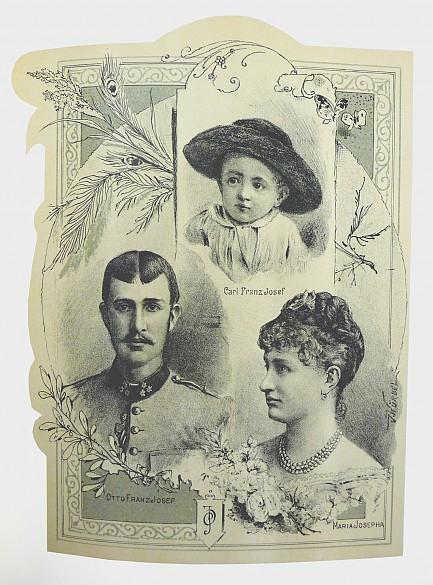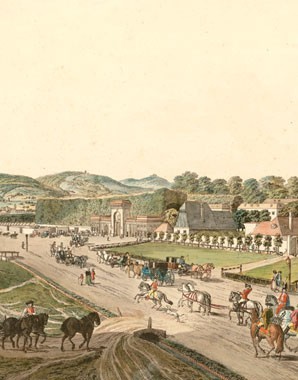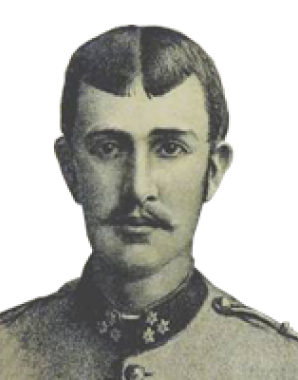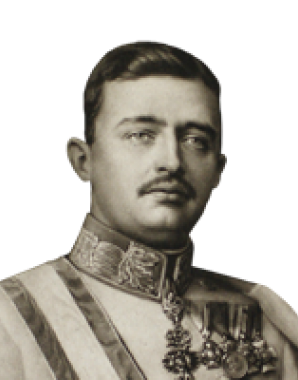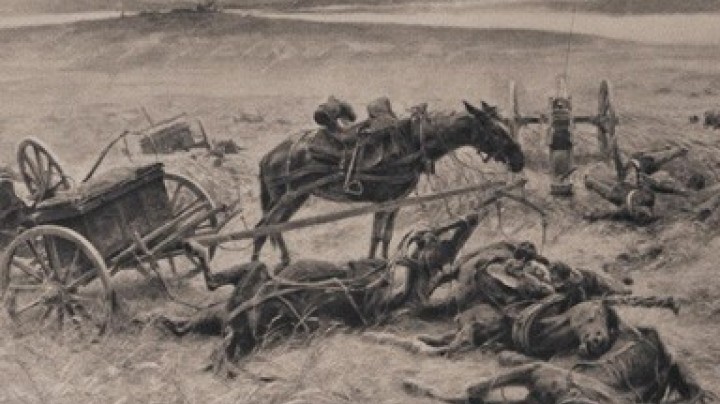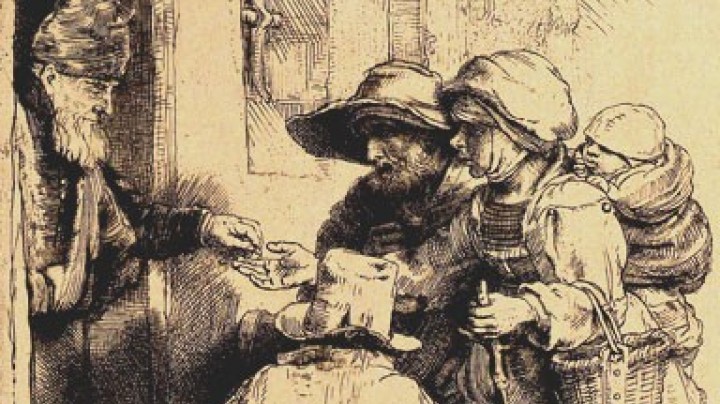Palais Augarten: a place of recreation for Archduke Otto
Hierarchies, pecking orders and family traditions also determined which place of residence the various members of the Habsburg family would be allocated. Yet why was Archduke Otto’s place of residence in the Augarten more comfortable than that of the heir to the throne?
The area of land which, to this day, comprises the Palais Augarten, served the Habsburgs as hunting terrain from the very beginning of the seventeenth century. Joseph II purchased the grounds together with the palace, and had the palace extended. In the same year, in 1775, the ‘People’s Emperor’ lived up to his name, making the park freely accessible to the population. Upon doing so, the ruler had the following words inscribed above the entrance gate to the park: ‘Allen Menschen gewidmeter Erlustigungs–Ort von ihrem Schätzer’ (‘Place of recreation dedicated to all the people by their Esteemer’); the inscription can still be found there to this day.
From 1860 to 1863, Franz Joseph’s brother Carl Ludwig occupied the Augarten Palace. In 1867, Prince Konstantin of Hohenlohe-Schillingsfürst moved into the Augarten as head of the Imperial Household. Under his auspices, and in particular thanks to his spouse, the estate developed into a cultural centre frequented by famous guests such as Richard Wagner, Franz Liszt and Hans Markart. At the end of the nineteenth century, Franz Joseph entrusted the palace with its household, court kitchen and Lipizzan horses, to his nephew Archduke Otto as his residence. Otto thus had a more comfortable place of residence there than his elder brother Franz Ferdinand, who was, after all, heir to the throne following the death of Crown Prince Rudolf in 1889. Yet Franz Ferdinand was merely allocated the Palais Modena situated in Herrengasse. Why was this?
Franz Ferdinand suffered from tuberculosis, so it was unclear for some time whether he would actually be able to succeed to the throne. Franz Joseph, who had an aloof relationship with his prospective successor, was only too pleased to involve his favourite nephew Otto increasingly in the affairs of government in order to relieve the burden on his sick brother. It was clear that Franz Joseph would have preferred the suave Otto to be his successor. However, Franz Ferdinand recovered from his illness, and the old order of succession was thus already restored when, in 1899, the Palais Augarten was lavishly renovated and extended for Otto. Here, before his death at the age of 41, Otto dedicated himself to his favourite hobbies, painting and photography. His son, Archduke Karl Franz Joseph, became the last emperor of Austria as Karl I.
Where once Archduke Otto had lived, the members of the Vienna Boys' Choir have also lived, studied and made music there since 1948. Just as Joseph II had wished, and as Otto indeed made it with his convivial way of life, the Augarten is still today a place of recreation.
